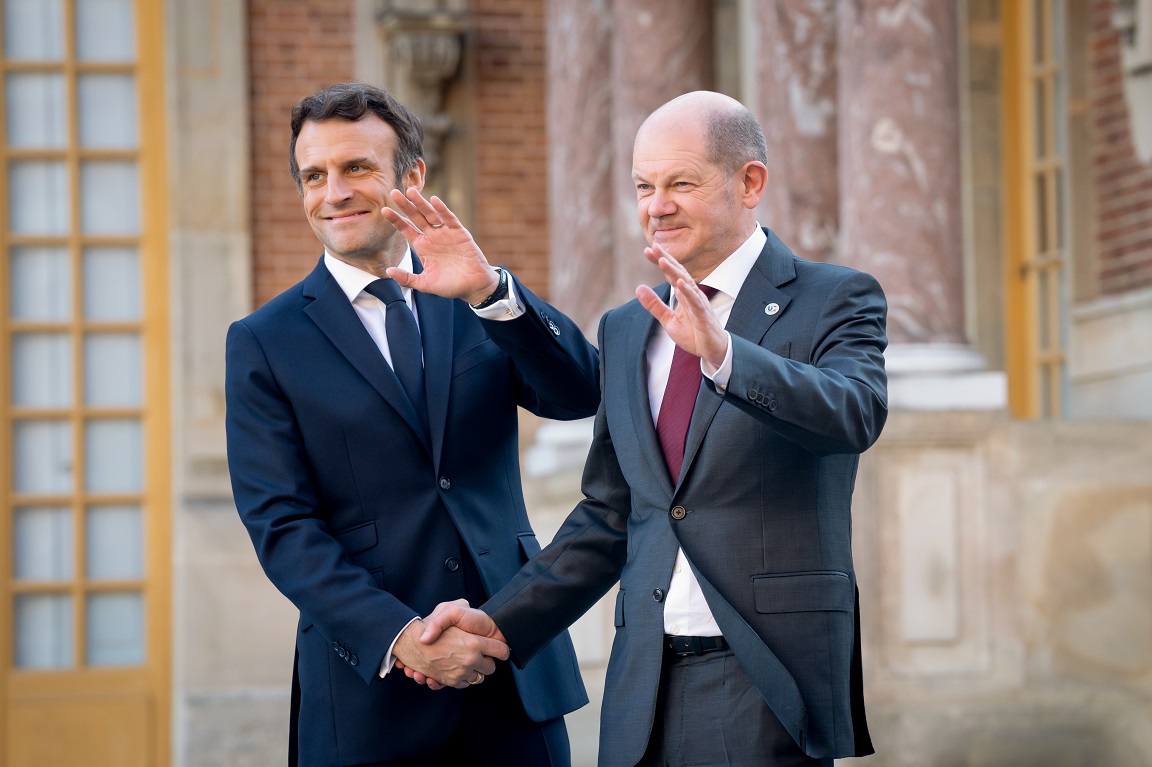11 Dec 2024

Tired Earth
By The Editorial Board

Over the years, France and Germany have developed radically diverging electricity systems. While Paris puts large-scale nuclear power plants at the heart of its market, Germany is moving towards a smaller-scale decentralised power generation model relying on 100% % renewable energy.
These fundamental differences have created an impasse during talks to reform of the EU’s power market rules, which were presented by the European Commission in March as a way of avoiding a repeat of last year’s energy crisis triggered by Russia’s war in Ukraine.
The French want to continue providing their industry with cheap power from their existing nuclear plants, which Berlin fears will distort competition on the EU market.
A high-level meeting in Hamburg between French President Emmanuel Macron and German Chancellor Olaf Scholz may have finally paved the way for a compromise.
Having discussed energy in depth, the pair “found that we want to work together here in the next weeks with our teams to reach a necessary agreement by the end of the month,” Macron said in Hamburg on Tuesday.
Scholz added it was a question of “how to bring the energy systems in Europe together so well that from this we can generate positive growth impulses and low electricity prices”.
A first attempt at compromise will take place on 17 October, when the bloc’s 27 EU energy ministers gather in Luxembourg for an Energy Council meeting.
“We need to make things fit,” said Scholz, who argued that an optimal European solution is one that “Germany and France [have] developed together”.
The Hamburg meeting brought French and German ministers together during one and a half days for their annual exchange.
The talks were a “sign that we want to move forward together and that we will. So we are very confident,” Scholz said.
Should France and Germany fail to reach agreement within a week, the next meeting of EU energy ministers – who need to adopt a joint position on behalf of the 27 EU countries on power market reform – will be held on 19 December.
The next step in the legislative process will be negotiations with the European Parliament, which agreed its position in September. Further delays could push a final accord on the EU’s power market reform into the first quarter of 2023.
Source : euractiv.com
Comment